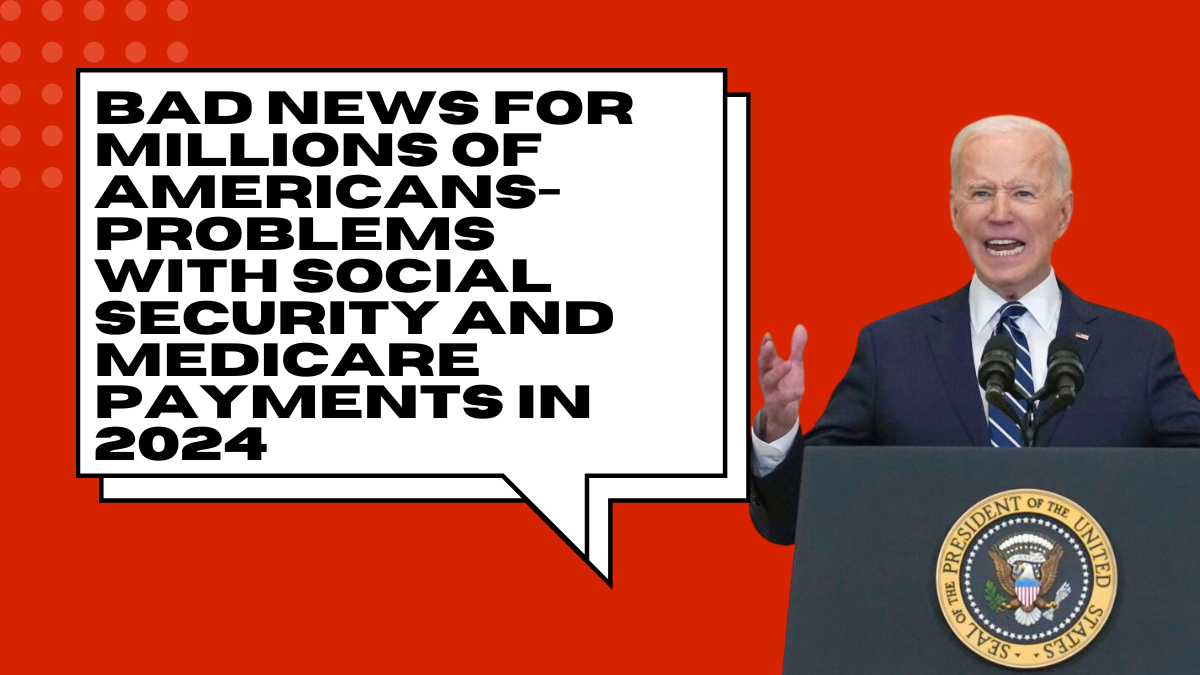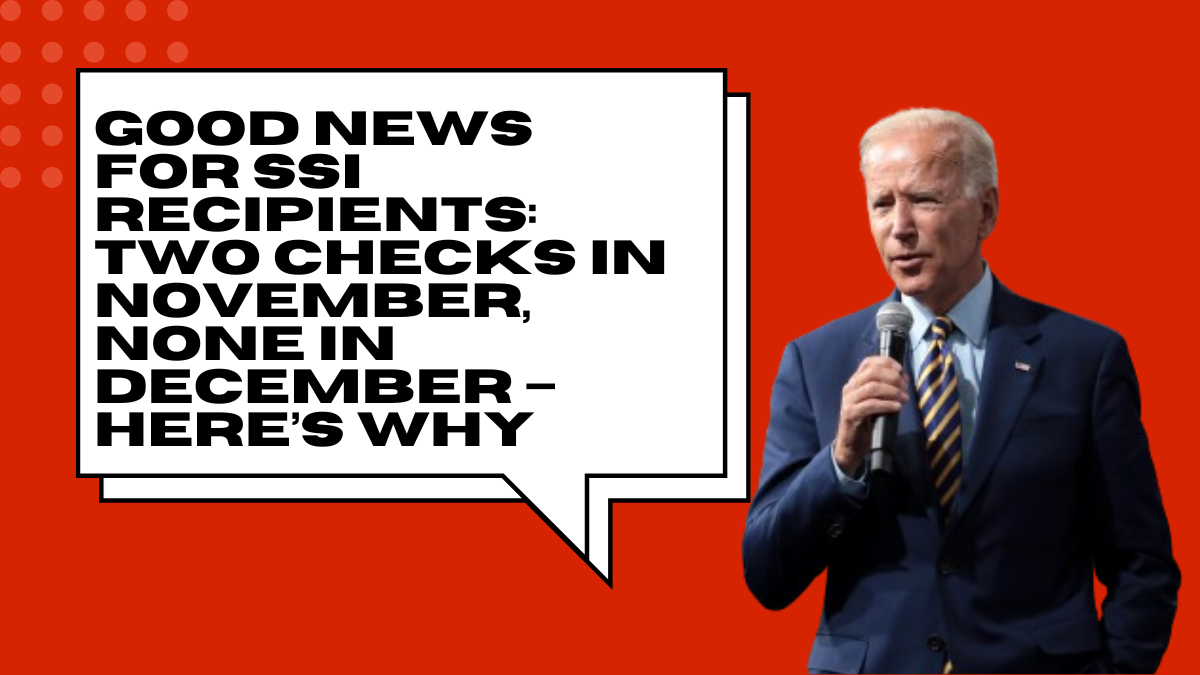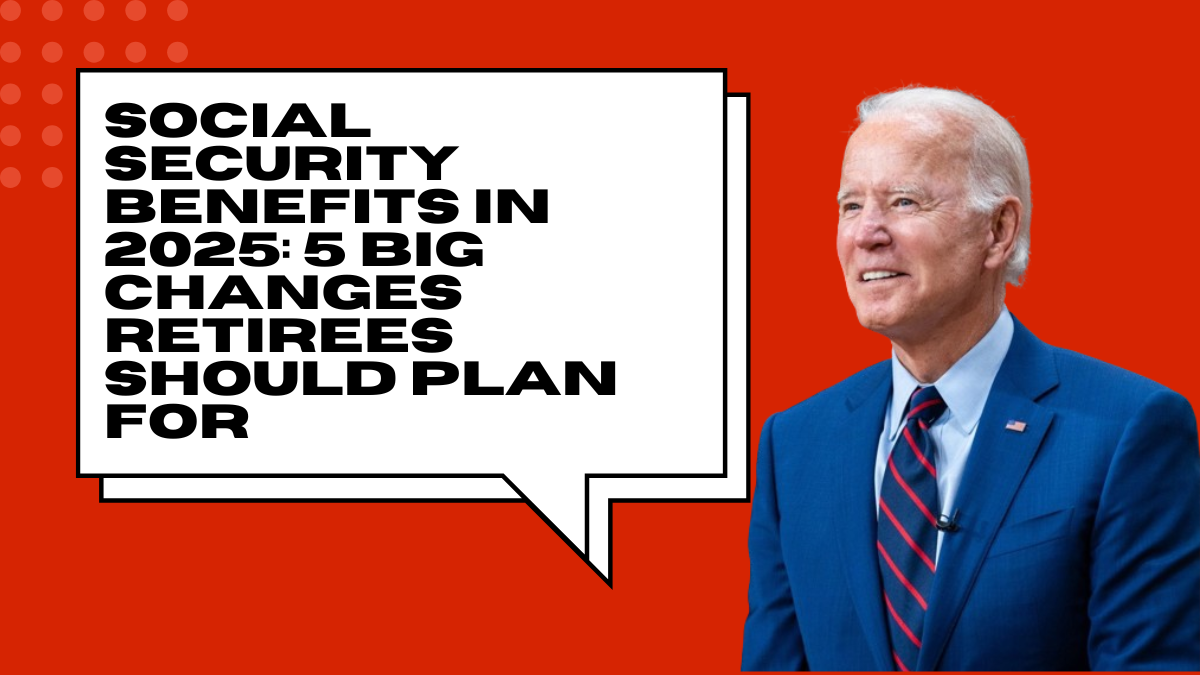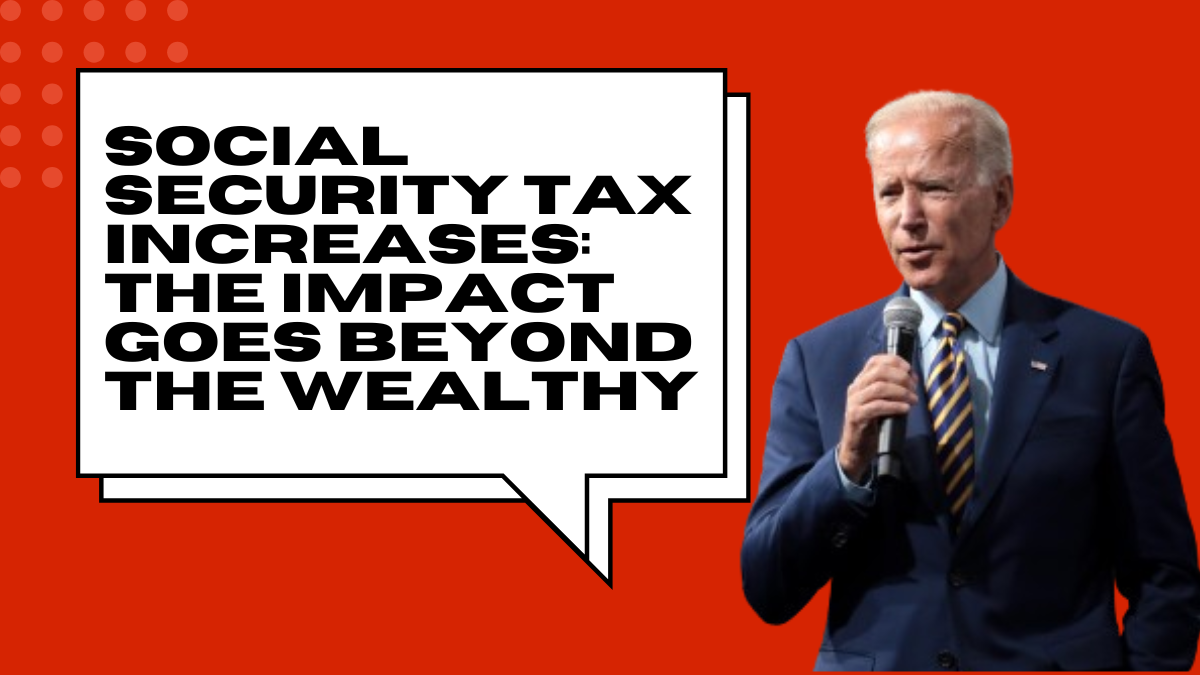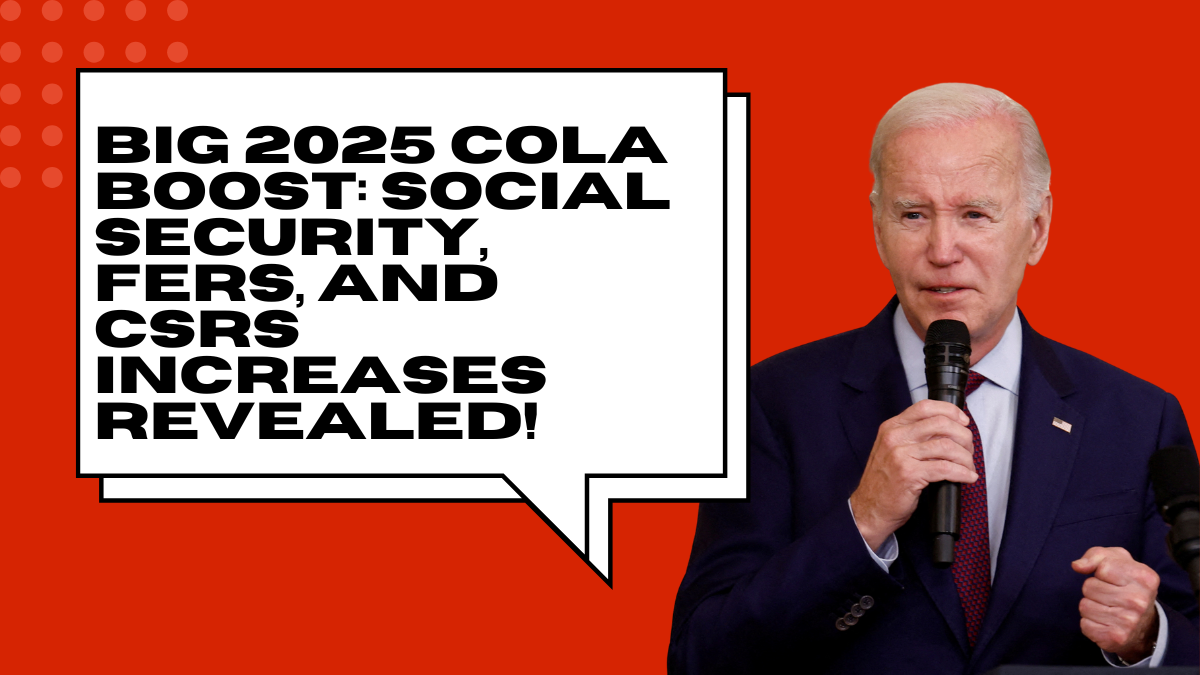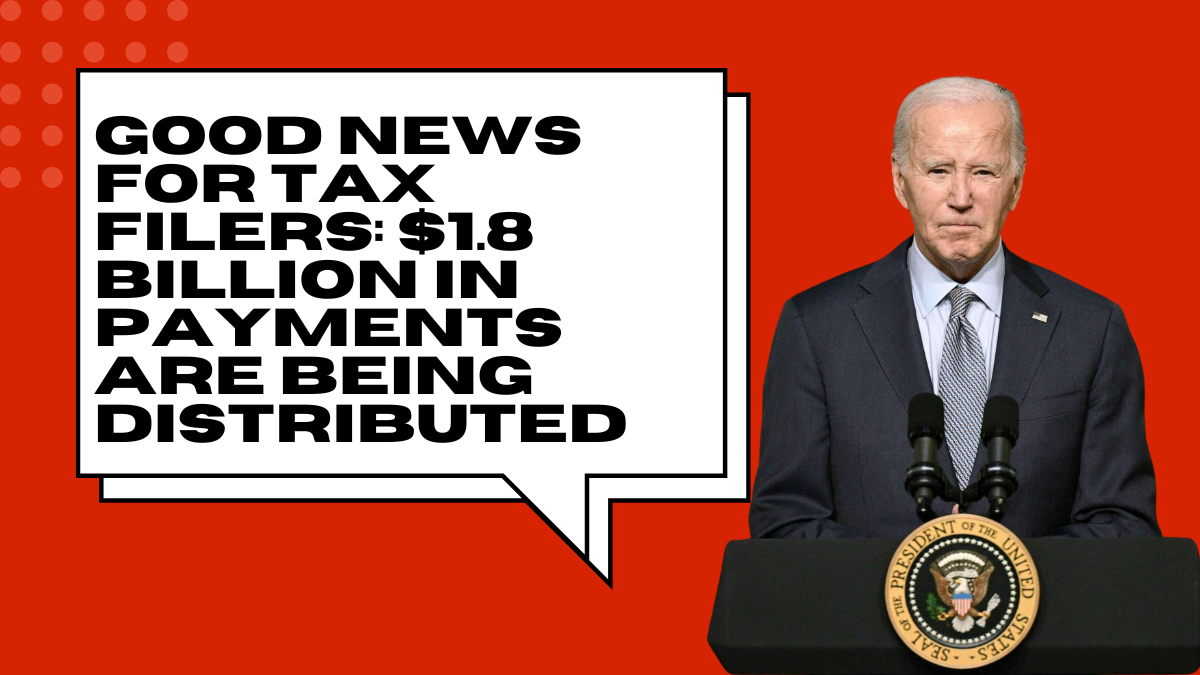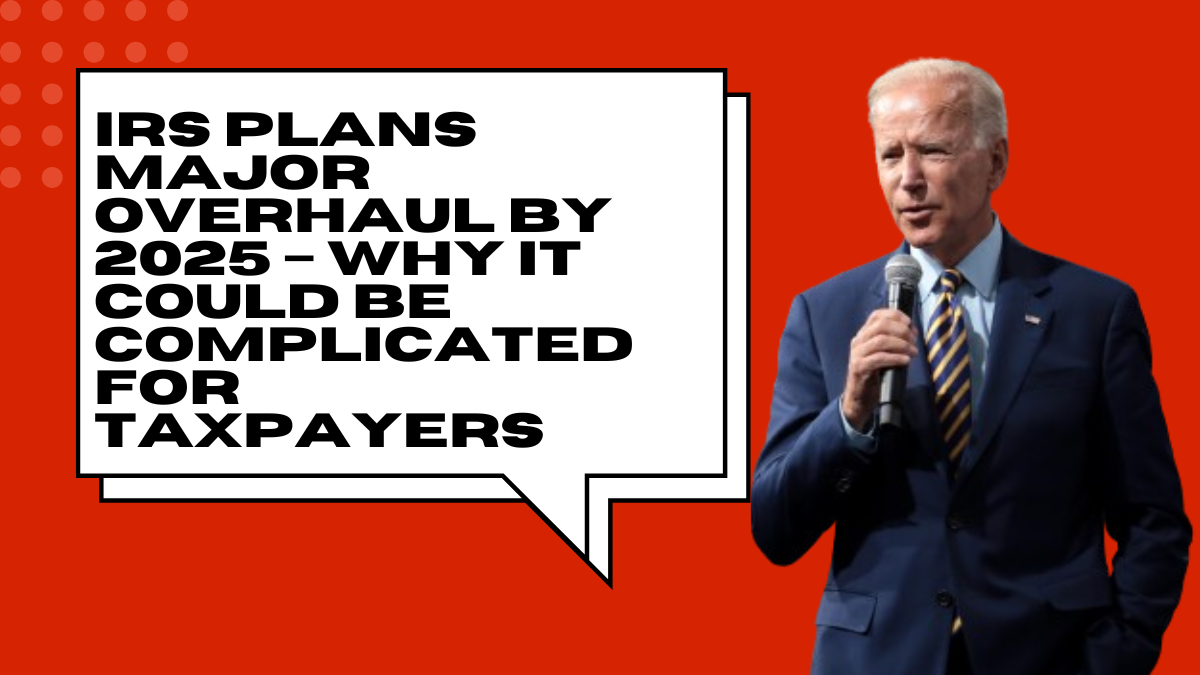In 2024, millions of Americans are grappling with rising concerns regarding their Social Security and Medicare payments. These essential programs, which provide crucial support to retirees, the disabled, and others in need, are facing mounting challenges.
From budget constraints to administrative delays and the increasing financial burden on beneficiaries, there are significant issues affecting the timely and adequate distribution of funds. This article breaks down the latest problems, offers detailed insights, and provides clear explanations on what these changes mean for millions of recipients.
Key Issues Affecting Social Security and Medicare Payments
1. Delays in Social Security Payments
One of the most pressing concerns in 2024 is the delay in Social Security payments. Many beneficiaries have reported delays in receiving their monthly benefits, which are often the primary source of income for retirees. These delays are largely attributed to several factors, including:
- Overwhelmed Processing Systems: Due to an increasing number of new retirees and system upgrades, the Social Security Administration (SSA) is experiencing difficulties in processing claims in a timely manner.
- Staff Shortages: The SSA has faced staffing shortages over recent years, further delaying the processing of new claims and appeals. This situation is expected to worsen unless additional hiring or funding is provided.
2. Medicare Funding Shortfall
Medicare, which provides health insurance to those 65 and older, is also facing a critical funding shortfall. The Medicare Trust Fund is predicted to be depleted within the next decade, leading to uncertainty regarding how future beneficiaries will receive their healthcare benefits. Key issues include:
- Rising Healthcare Costs: The increasing cost of healthcare, including prescription drugs, hospital stays, and long-term care, has placed tremendous pressure on Medicare’s finances.
- Lower Tax Revenues: With fewer people contributing to the Medicare Trust Fund due to economic factors and demographic shifts, there are insufficient funds to cover future obligations.
Medicare Premium Increases
Another concern for millions of Americans is the rise in Medicare premiums. The Centers for Medicare & Medicaid Services (CMS) announced an increase in Part B premiums, which cover doctor visits and outpatient services. Many beneficiaries, particularly those on fixed incomes, find it difficult to keep up with these rising costs.
- 2024 Increase in Part B Premiums: In 2024, the standard premium for Part B is expected to increase to $174.70, up from $164.90 in 2023. This increase is driven by higher medical expenses and administrative costs.
Cost of Living Adjustment (COLA) – A Double-Edged Sword
While the Social Security Administration (SSA) announced a Cost of Living Adjustment (COLA) increase of 3.2% in 2024, this adjustment does not always bring the relief beneficiaries hope for.
The increase is intended to help recipients keep pace with inflation, but it often falls short due to rising Medicare premiums and other healthcare costs, leaving beneficiaries with little extra income. Many retirees are concerned that they will be no better off, despite the nominal increase.
Impact on Low-Income Recipients
The growing problems with Social Security and Medicare payments disproportionately impact low-income individuals, especially those who rely heavily on these benefits. Some of the challenges they face include:
- Reduced Buying Power: With inflation outpacing the COLA increase, many seniors are finding that their benefits do not stretch as far as they used to.
- Increased Medical Costs: Rising healthcare costs mean that a larger share of income goes towards medical expenses, leaving less for other necessities like food, housing, and utilities.
Potential Solutions and Future Outlook
Policymakers are aware of the issues plaguing Social Security and Medicare but have yet to agree on sustainable solutions. Some of the proposed solutions include:
- Raising the Payroll Tax: Increasing the payroll tax cap for high earners could help extend the life of the Social Security Trust Fund.
- Medicare Cost Controls: Implementing cost-saving measures, such as allowing Medicare to negotiate drug prices, could reduce the program’s financial burden.
- Additional Government Funding: Allocating more federal funds to both programs could alleviate short-term issues, but this solution comes with the challenge of increasing the national debt.
Key Challenges Facing Social Security and Medicare Payments in 2024
| Issue | Details | Impact on Beneficiaries |
|---|---|---|
| Delayed Social Security Payments | Overwhelmed systems, staff shortages, and claims backlog | Late payments affecting monthly income for retirees and the disabled |
| Medicare Funding Shortfall | Rising healthcare costs and lower tax revenues | Uncertainty about future healthcare coverage |
| Increase in Medicare Premiums | Part B premiums rising to $174.70 in 2024 | Higher out-of-pocket costs for beneficiaries |
| Cost of Living Adjustment (COLA) | 3.2% increase in 2024 | Minimal relief due to inflation and rising healthcare expenses |
| Impact on Low-Income Recipients | Reduced buying power and increased medical costs | Hardship in affording basic necessities |
Conclusion
As we move through 2024, millions of Americans are facing serious challenges when it comes to their Social Security and Medicare payments. Delays in payments, rising healthcare costs, and insufficient adjustments in benefits leave many wondering how they will manage in the future.
While some solutions have been proposed, meaningful reform is needed to ensure that these programs continue to provide the essential support that millions of Americans depend on.
With the ongoing uncertainty surrounding both programs, it is crucial for policymakers to act quickly to address these pressing issues and safeguard the financial well-being of retirees and other vulnerable groups. For now, beneficiaries must stay informed and plan accordingly as these challenges continue to unfold.
